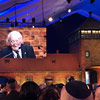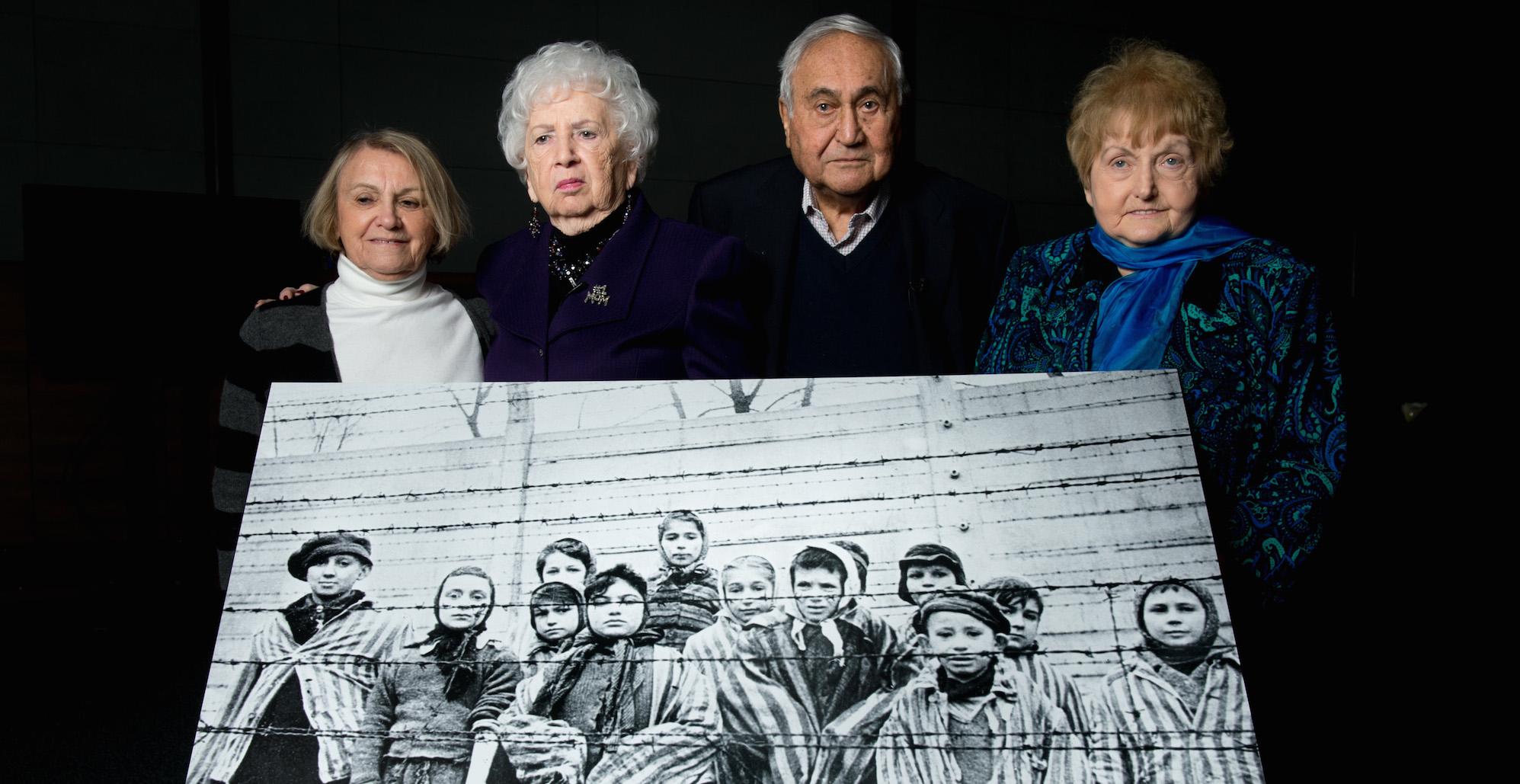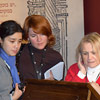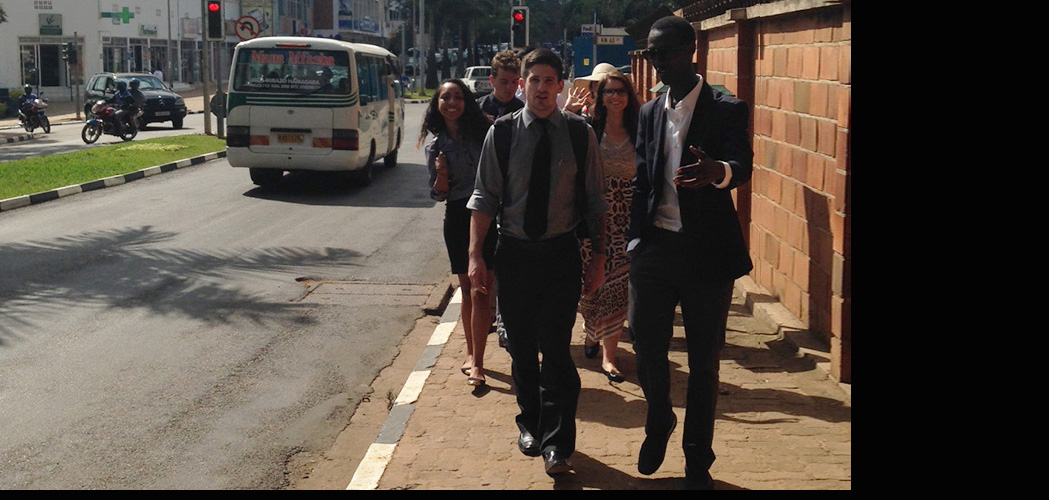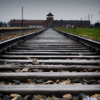It took months of preparation. But there is little one can do to prepare for a visit to Auschwitz.
Auschwitz was one of five death camps established by the Nazis in Poland where Jews were taken to be murdered during the so-called “Final Solution,” a euphemism for the their genocide. We know it through the horrific photos of trains filled with Jews, of men being split from women, parents from children, of the uniformed Nazi wagging his finger, and of the brick chimneys billowing smoke. But there is a much more intimate story still to be heard.
Anita Lasker-Wallfisch had a lucky moment while being processed at the Sauna in Auschwitz-Birkenau. One of the girls processing her asked her what she did prior to landing in that place of unspeakable horror. “I played the cello,” she answered. That surreal conversation, not far from the gas chambers at Birkenau, would save her life. As a member of the Auschwitz women's orchestra, playing the cello meant respite from heavy labor.
